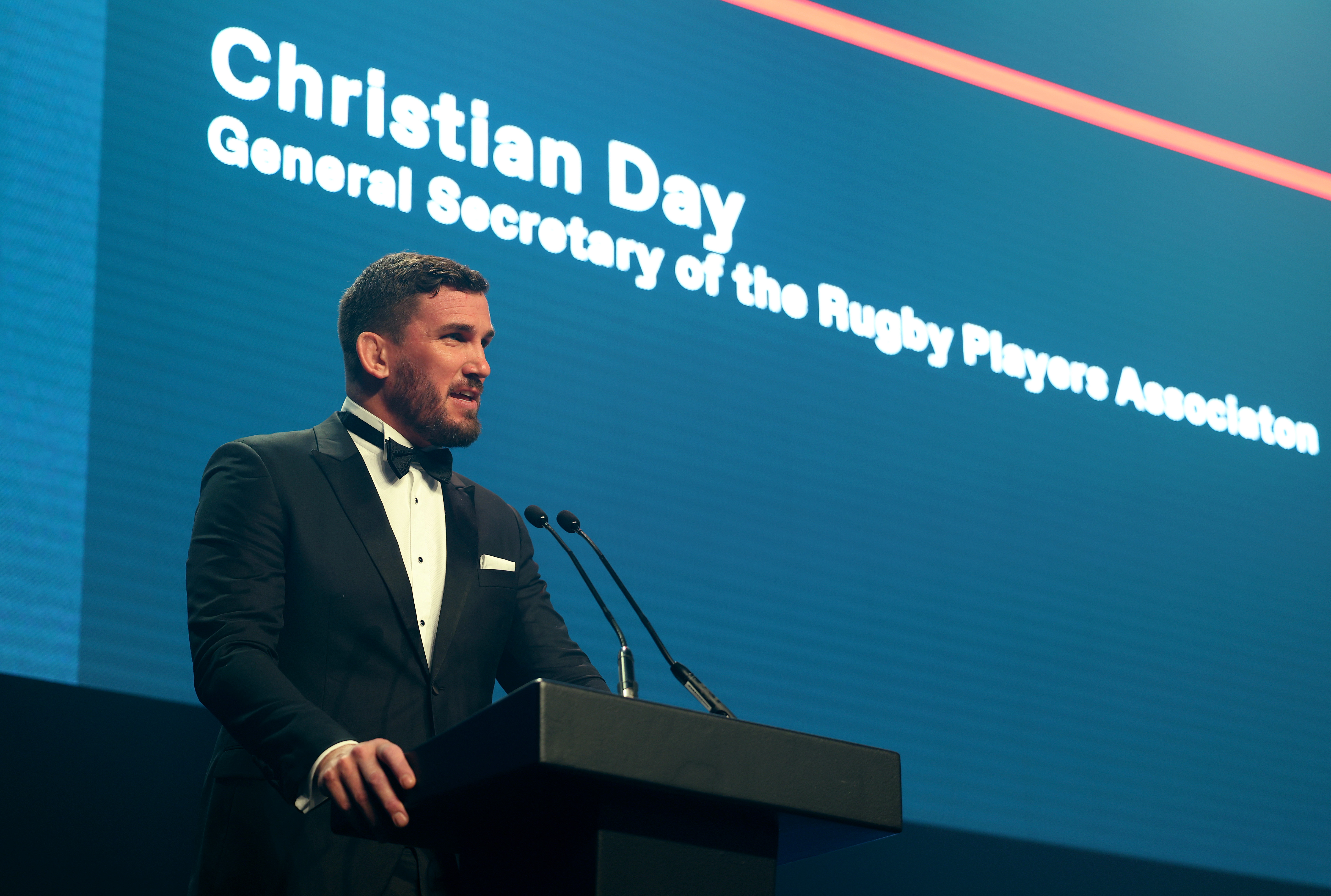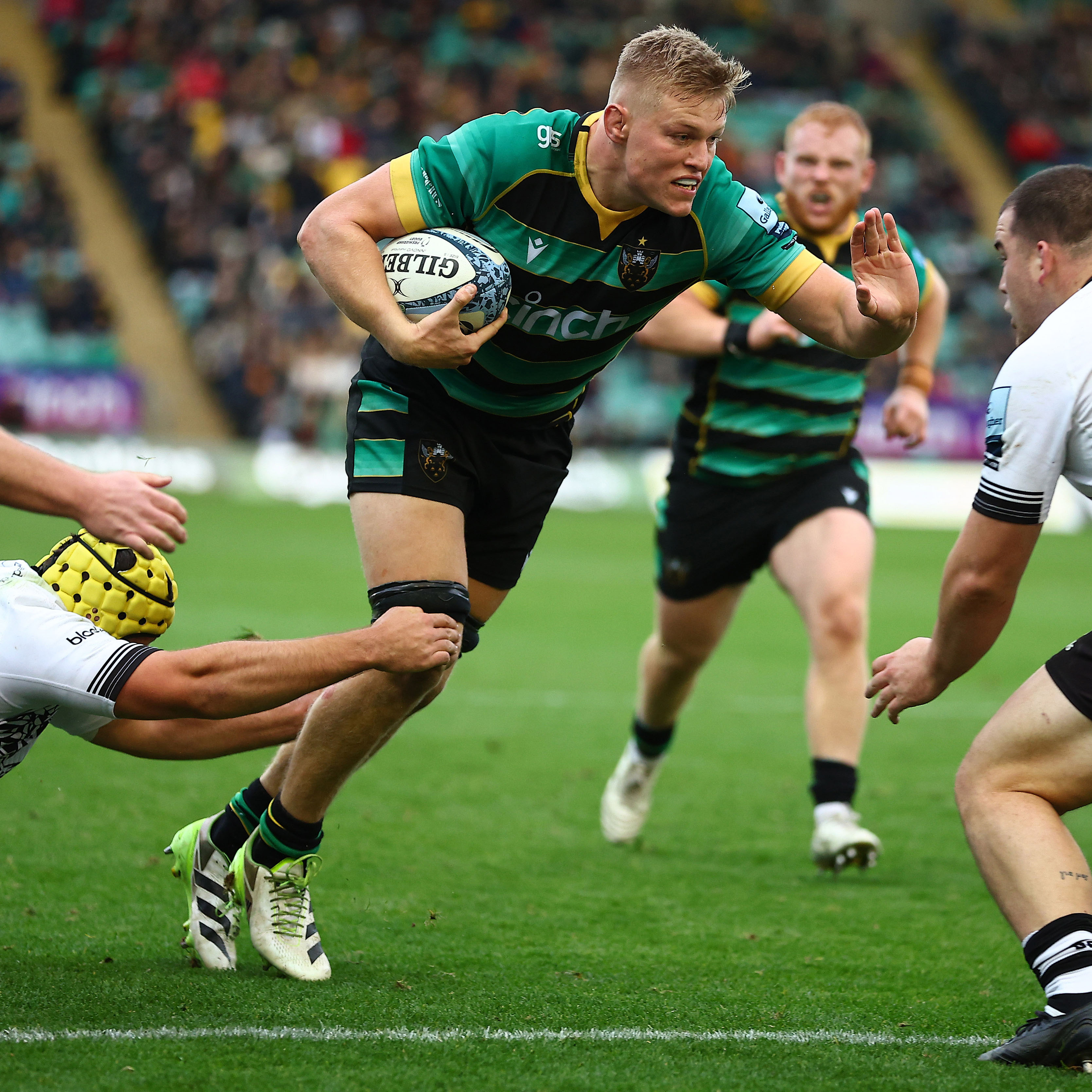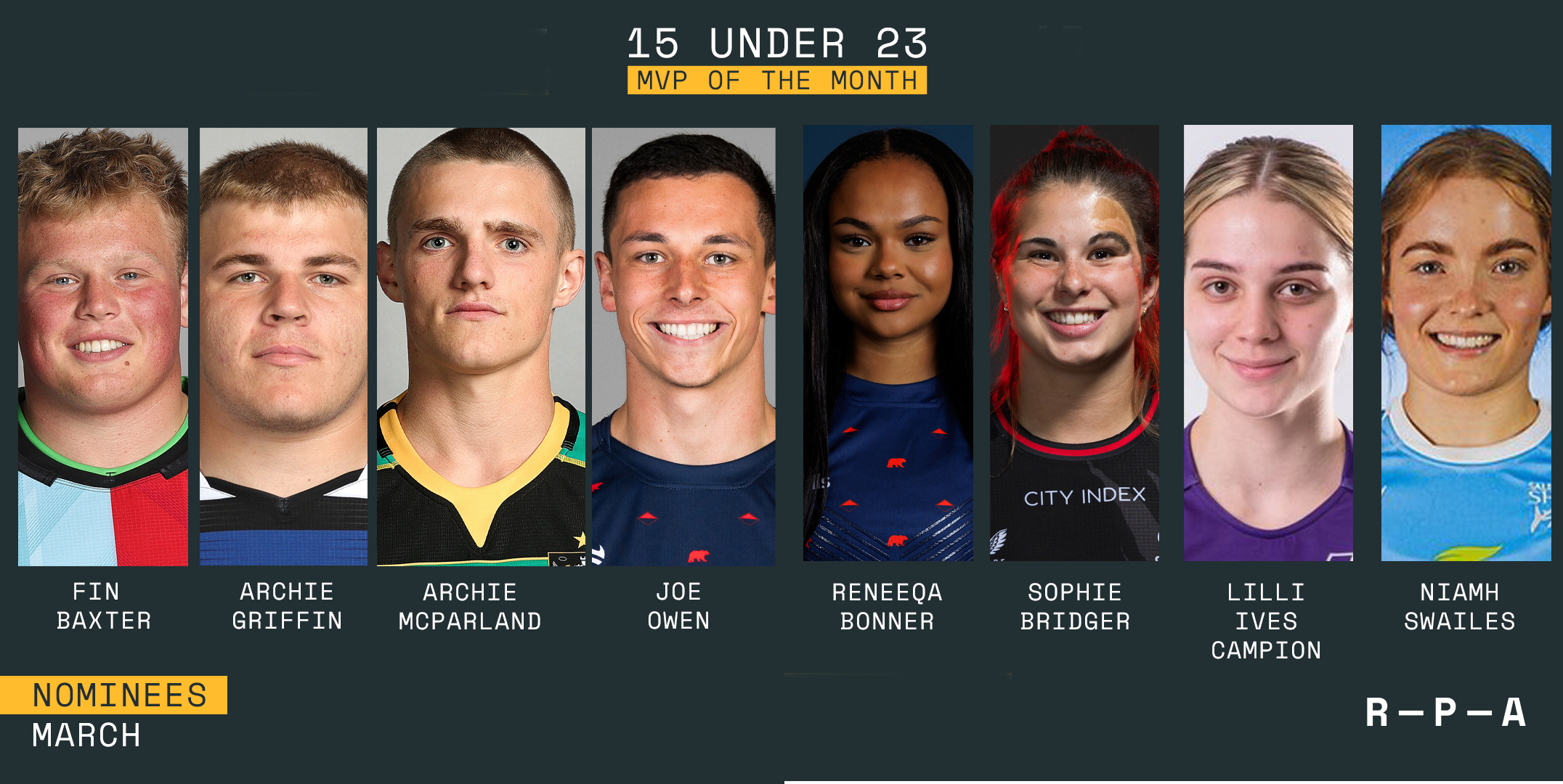RPA chief Christian Day urges more mental health support in rugby


He believes RPA initiatives around well-being have helped saved the lives of several players.
The RPA funds a round-the-clock counselling hotline, and the union has even bankrolled players undergoing rehab in extreme circumstances.
Owen Farrell last week became the first top England player to take a break from Test rugby duties to protect his mental health.
The England skipper will miss the Six Nations, but will continue to captain and feature for Saracens.
Saracens' rugby director Mark McCall hit out at sections of the “mainstream media” as well as online abusers for building an unfair narrative against Farrell, that has taken a heavy toll on the 32-year-old.
Former Sale and Northampton lock Day insists that seeing someone as grounded as Farrell struggling with his mental health must give the whole sport pause.
“Of all the players I’ve come across over the years, Owen Farrell is probably one of the ones I have the most respect for,” Day tells Standard Sport.
“He’s an utterly grounded, normal bloke who happens to be incredibly good at rugby and an incredible leader. So, to see him struggle with this shows you the impact that it can have.
“He’s got 112 caps for his country, he’s the record points scorer for his country, and we should be celebrating that, not doing anything different.
“The game is obviously facing challenges around finance, but in my opinion, we need to invest more in the system and we need to invest money in supporting players.
“As the game gets more and more professional, more and more challenging, and that’s for the men’s and the women’s game, we’ve got to invest in a system that protects all the players.
“The game investing in the system to protect all the players is the game acknowledging the value that the players bring – but it’s also the game’s responsibility to do that.
“At the moment compared to other nations and other environments, we don’t invest as much, and we need to address that.”
Any current or former player can access the RPA’s confidential counselling hotline, run by leading London firm Cognacity.
Each Premiership club has a player development manager who has undergone specialist mental health first aid training.
“It’s a key pillar of what we do,” says Day. “It’s why we believe the independence of our development managers who are embedded at every club is really crucial.
“They will often act as that triage between a player who might just want a casual chat, and then you might think ‘okay, you might need something more than this’.
“And then you get flagged up to our mental health provider, which is independent, confidential counselling.
“That can range from a one-off chat to a whole program of counselling sessions.
"For the really extreme cases our charity Restart has paid for players to go through rehab, primarily with Sporting Chance.
“It might be a significant investment, but we really do believe that has saved lives.
“That’s available to all RPA members, but to be honest, it’s available to all players even if they aren’t members. If we think people need help, we will always provide it.”
Bristol’s former Harlequins prop Kyle Sinckler admitted he believes players need more support to cope with the increasing demands of professional rugby.
The London-born England star anticipates more players following Farrell’s lead by taking Test match breaks in future.
Day believes the spillover between mental health provision and performance psychology could be one area where clubs and country look to bolster resources.
“The next step up is what I would call a blend between performance psychology and that sort of greater level of support there,” says Day.
“That’s the kind of thing that England or the clubs deliver. And I certainly think you get a real spectrum of different environments who put different levels of value in that.
“But I think the top-level international rugby players are starting to experience the kind of pressures that come with other top sports like football, that maybe previously had not existed in quite this way in rugby.”
Press Release

The Rugby Players Association (RPA) is pleased to announce Courtney Lawes as the latest inductee into the RPA Hall of Fame.
READ MORELatest News

Read The RPA's Statement on the Annual Return for 2023 here. . .
READ MORELatest News

Ahead of the RPA Awards 2024, we had a chat with Tom Pearson, formerly of London Irish and now Northampton Saints, to reflect on the past year since h...
READ MORELatest News15 Under 23

We're pleased to announce the nominees for March's “15 Under 23”, where we highlight the young members who stand out in the Gallagher Premiership and ...
READ MORELatest News

RPA Chair and Northampton Saints prop Ethan Waller has announced that he will retire from professional rugby at the end of the 2023/24 campaign.
READ MORE2024 The RPA All rights reserved.
